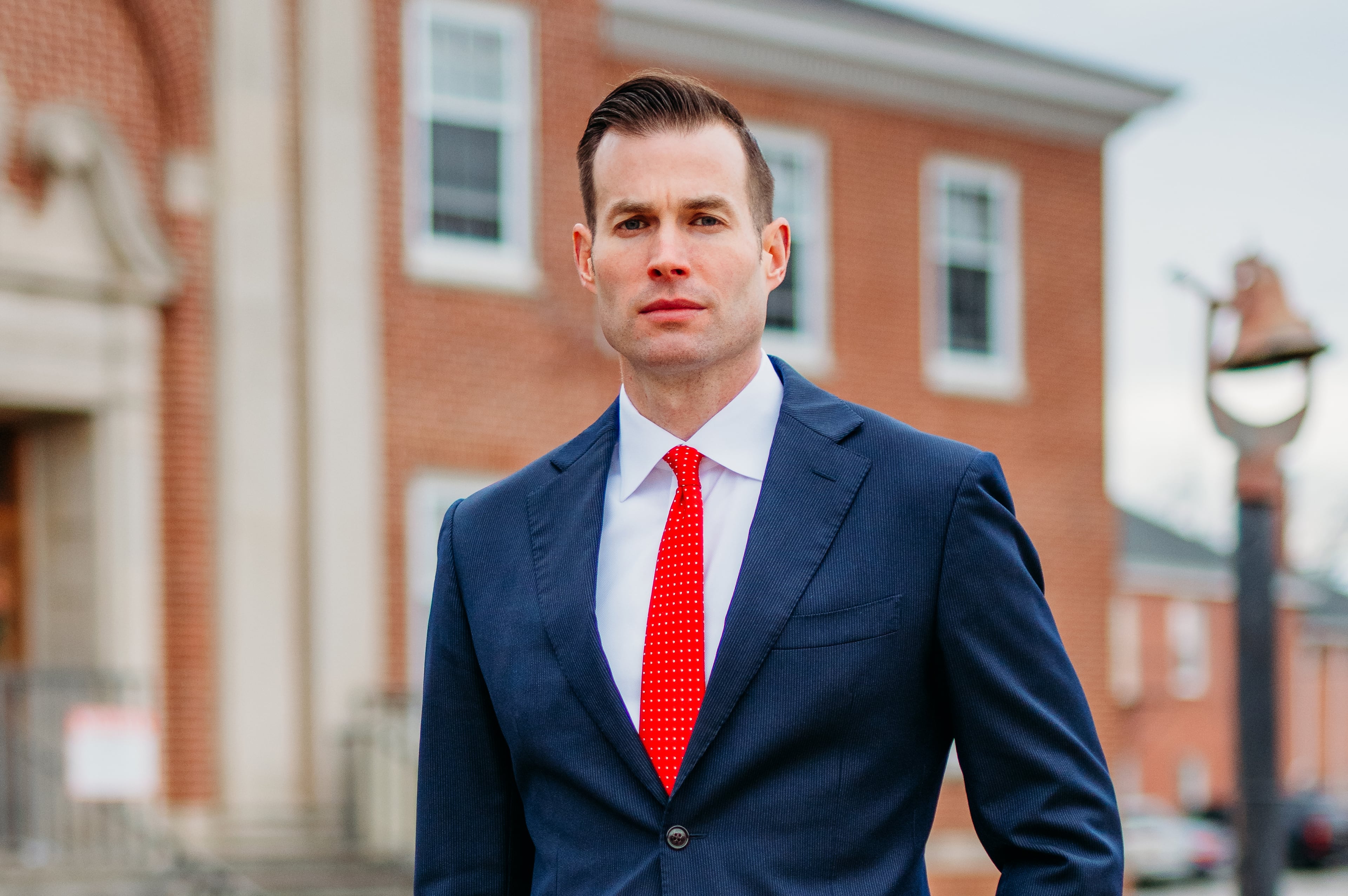Georgia House panel backs plan for pay raises, bonuses

A key state House panel on Thursday backed a $29.9 billion midyear spending plan that would provide $5,000 raises for state and university employees and $2,000 bonuses for Georgia teachers.
The vote by the House Appropriations Committee was the first of the 2022 session on Gov. Brian Kemp’s proposal to increase state spending this fiscal year by $2.6 billion, thanks to a huge boost in tax collections in a strong economy.
The full Georgia House is expected to pass the midyear budget for fiscal 2022, which ends June 30, on Friday.
Kemp — who is up for reelection this year — was able to request big increases in salaries, education and health care because tax collections are running 17.9% ahead of last year for the first seven months of fiscal 2022.
House budget writers largely backed Kemp’s plan, while adding some of House Speaker David Ralston’s priorities to increase spending on law enforcement and provide $10 million in service cancelable loans to help more Georgians prepare to work in mental health professions.
Typically, the midyear budget is used to fund school enrollment and increased costs for Medicaid, the state-federal health care program for the poor, disabled and nursing care.
But after ending fiscal 2021 with a $3.7 billion surplus, and now seven months of continual revenue growth, Kemp and lawmakers are thinking big. Kemp said $1.6 billion will be returned to taxpayers when they file their income tax returns this year.
The midyear plan includes more than $500 million to give about 100,000 state and University System of Georgia employees a $5,000 raise. State officials hope the raise will help stem the high turnover rate among state workers, many of whom have seen little or no salary boost in recent years.
Full-time k-12 employees — such as teachers and staff — would receive a $2,000 bonus payment, while part-timers would get $1,000. Teachers are expected to be offered a $2,000 raise in fiscal 2023, allowing Kemp to meet his 2018 campaign promise of giving them a $5,000 increase over the course of his first term.
The spending plan includes about $390 million to restore spending cuts to k-12 schools that lawmakers approved in 2020, when reductions were made in anticipation that the COVID-19 pandemic would bring a severe recession.
The midyear plan includes an increase of more than $250 million in Medicaid spending and $432 million to get a start on a proposal to buy a private prison and build a new one. The idea is the new bed space would replace more run-down and dangerous facilities.
The midyear spending plan includes $112.6 million to buy and develop the land for Rivian’s new electric-vehicle manufacturing plant east of Atlanta.
It also includes extra money to hire Georgia Bureau of Investigation staffers to investigate election complaints, another of Ralston’s priorities.
House leaders put $45 million into the midyear budget to start moving state employees out of the 2 Peachtree Street building, a 41-story tower that has long been considered a money pit for the state. House Appropriations Chairman Terry England, R-Auburn, said it would cost more to properly renovate the building than it is worth.
The employees will be relocated to state office space on Capitol Hill.



